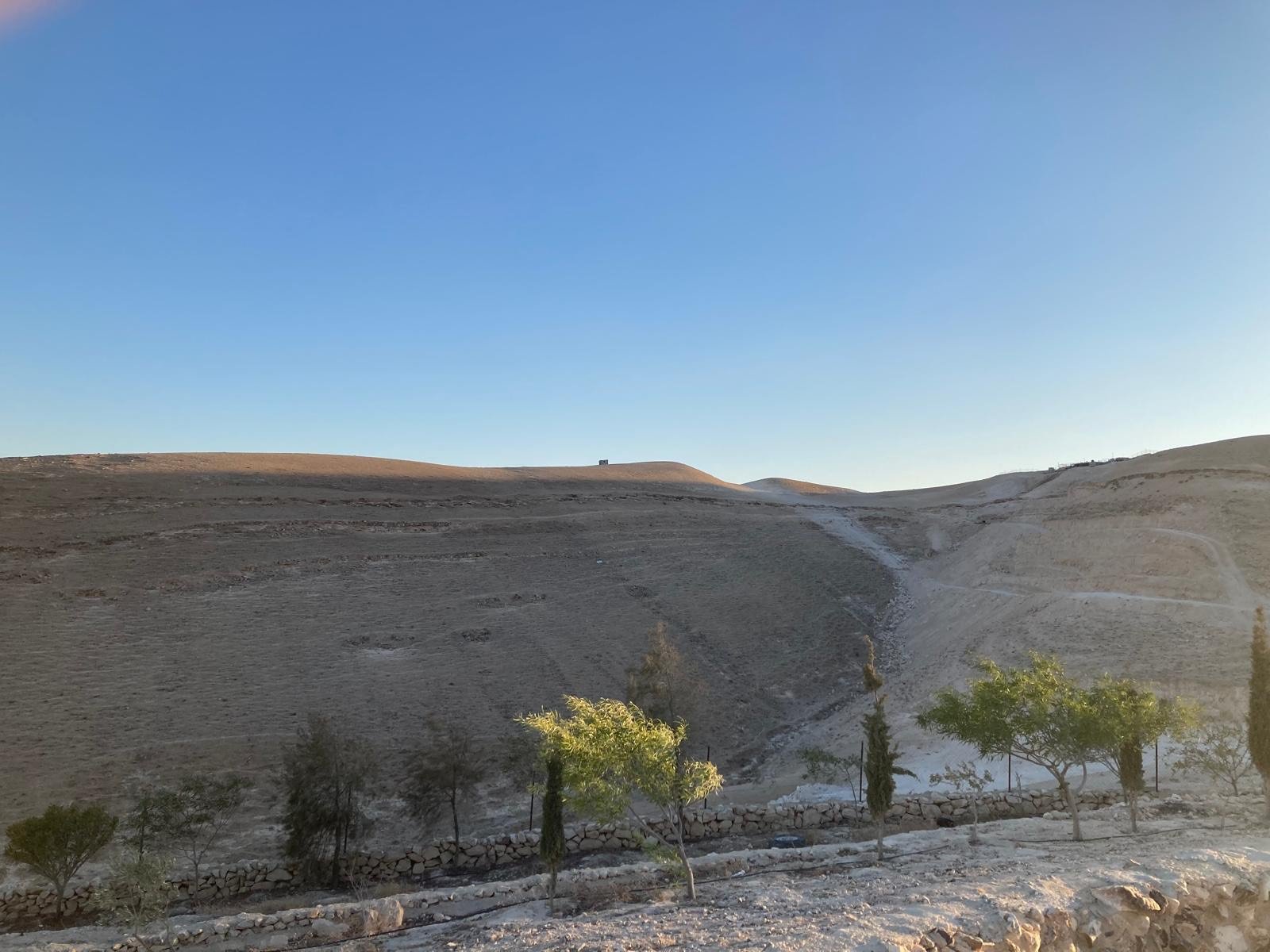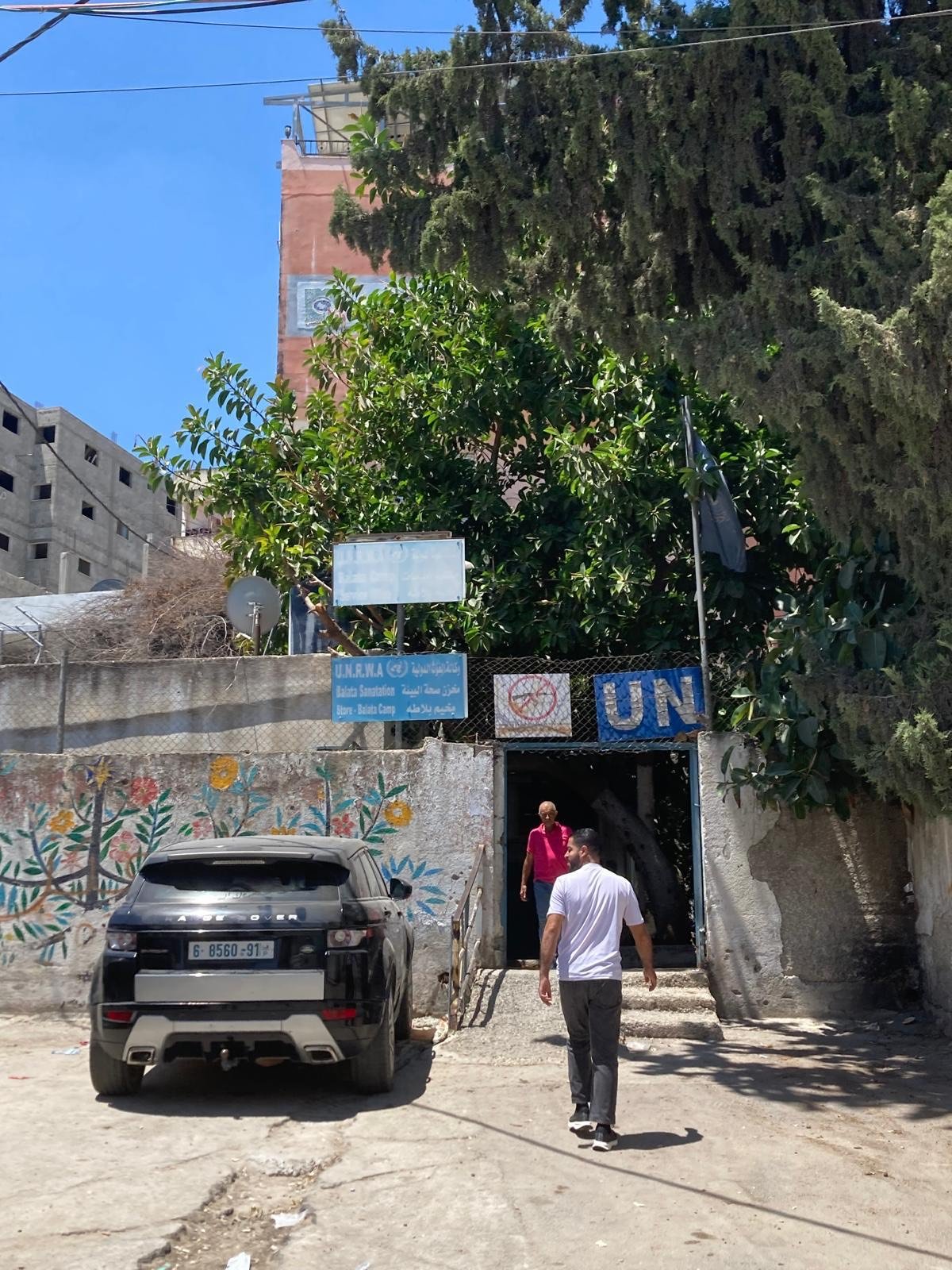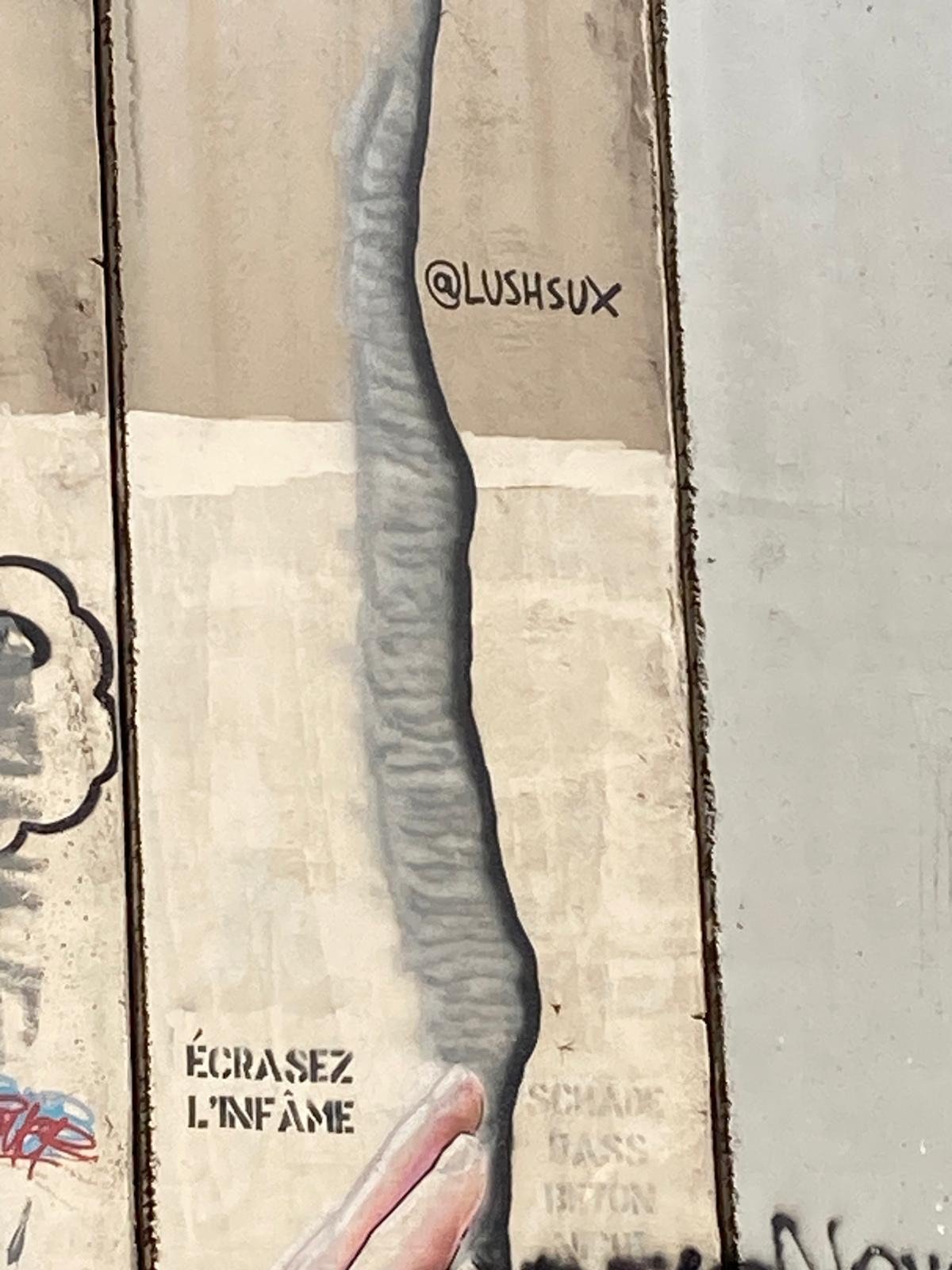anna
During my internship, I had the opportunity to spend four weeks working with the BADIL Resource Center for Palestinian Residency and Refugee Rights. BADIL is an independent, non-profit organization dedicated to defending and promoting the rights of Palestinian refugees and internally displaced persons. The organization is deeply rooted in Palestinian identity and operates according to the principles of international humanitarian and human rights law. Its mission is to advance the individual and collective rights of the Palestinian people, employing a comprehensive approach that spans different periods and geographic locations. BADIL’s work is organized into four specialized units: Legal & International Advocacy, Research & Documentation, and Community Mobilization. These units work together to provide a multifaceted strategy aimed at addressing the complex issues faced by Palestinian refugees and displaced persons. During my time with BADIL, I was involved in several key projects that allowed me to contribute to their important mission while expanding my own knowledge and skills. One of my primary responsibilities was to help organize and coordinate the International Mobilization Course, a 10-day program designed to educate participants on the challenges facing Palestinian refugees and displaced persons. This program included in-depth lectures by both Palestinian and international experts, group discussions, and field visits to refugee camps and areas under threat of displacement. These visits were crucial for witnessing firsthand the human rights violations and crimes committed by Israeli forces. My role in coordinating the group not only provided logistical support but also gave me the chance to engage directly with the material, deepening my understanding of international law and the Right of Return. After the course concluded, I continued to work with BADIL on several specific tasks. One of the most significant was conducting research on the concept of « Cultural Genocide ». I explored how the ongoing situation in Gaza and the Occupied Territories could be seen as a form of cultural genocide, particularly in terms of the destruction of tangible and intangible cultural heritage. This research was both challenging and enlightening, as it required me to delve deeply into the legal definitions and frameworks that govern cultural preservation and human rights on an international level. In addition to research, I also utilized my professional skills to assist with the optimization of an article published on BADIL’s website. This task involved refining the article’s content to ensure it was as impactful and accessible as possible, thereby enhancing BADIL’s ability to communicate its message to a global audience. Overall, my internship at BADIL was an incredibly enriching experience, both professionally and personally. Working with the dedicated team at BADIL allowed me to gain a deeper understanding of the Palestinian situation, particularly concerning the lived realities of people in the Territories of 1948. Additionally, I significantly expanded my knowledge of the legal frameworks that underpin the struggle for Palestinian rights. This experience not onlyreinforced my commitment to human rights advocacy but also equipped me with valuable skills and insights that I will carry forward in my future endeavors.









